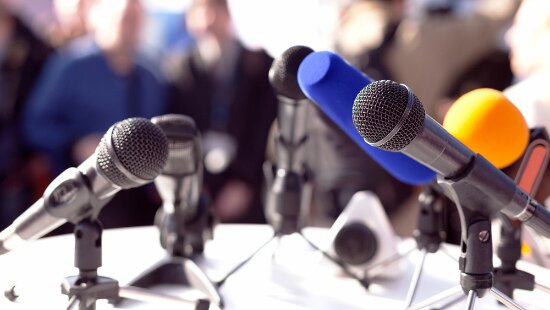Prepackaged fruit teas and drinks, in cans and tetrapaks, are hugely popular in Southeast Asia for reasons of what is widely believed their beneficial health effect.
But this may turn out to be just a myth. For the truth is most are probably no more healthy than ordinary soft drinks.
A Consumer Council test on these prepackaged fruit beverages, including such favourites as sugar cane, chrysanthemum and ginseng drinks, has testified to this common mistaken notion.
The test is a joint project between the Council and the Macau Consumer Council.
Included in the 42 test samples were: apple drinks/teas, pear drinks/teas, sugar cane drinks, mandarin drinks, citron drinks/teas, chrysanthemum drinks, ginseng drinks, and aloe vera drinks. 35 samples were available locally.
It examined the content of total sugars, such as glucose, fructose and sucrose, both naturally occurring or being added, in these samples.
Excessive intake of sugar is harmful to health. Much to the chagrin of some people who believe in the health benefits of these fruit drinks, the test uncovered rather high levels of sugars in some samples.
Results of the test found the total sugars content of these samples to range from 4.6% to 10.6% by weight.
On average, ginseng drinks contained a lower level of sugars (4.6% to 6.2%) whereas citron drinks/teas were of a higher level (5.7% to 10.4%).
By comparison, some of these juice drinks fared no better than soft drinks. In fact, two of the samples at 10.4% and 10.6% respectively actually contained more total sugars than some soft drinks.
The test further showed that fruit beverages that bear claims of "low sugar" or "less sweet", may not necessarily contain less total sugars.
In the test were 7 samples bearing such claims, but their total sugars content were found to range from 4.6% to 8.1%. Only 3 of these samples had the least total sugars content among samples of the same type.
According to dietitians, an adult Chinese is recommended not to take more than 5 to 8 teaspoons (20g to 32g) of added sugars a day.
"Added sugars" refer to all monosaccharides (e.g. glucose, fructose) and disaccharides (e.g. sucrose) added to the foods by the manufacturer, cook or consumer.
Based on the data of the test, drinking one tetrapak or bottle of these beverages may be equivalent to consuming 3 to as many as 13 teaspoons of added sugars.
Consumers are advised not to drink excessive amount of these beverages and to take more fruit, vegetable and whole grains to avoid obesity and dental caries (tooth decay).
Excessive consumption of sugary beverages increases the potential of unhealthy weight gain leading to a higher risk of obesity-related diseases such as diabetes, heart ailment, hypertension, sleep apnoea, cancer, back pain, etc.
According to the Food and Drugs (Composition and Labelling) Regulations, where a food is characterized by the low (or high) content of a particular ingredient, the labelling of the food shall not place special emphasis on the low (or high) content of that ingredient, unless the labelling includes a declaration of either the minimum (or maximum) percentage by weight of that ingredient in the food or the actual amount of that ingredient in the food, determined as at the time of its use in the preparation of the food.
One sample was found to bear a "low sugar" claim without labelling its sugar content on the package.
The Consumer Council has notified the Centre for Food Safety of this sample in question for action on possible breach of the Regulations.
| CHOICE magazine is now also available online (at https://echoice.consumer.org.hk/ ) and via fixed-line and mobile services of PCCW. Members from the media who are invited by this Council to the Press Conference may quote the content of this Press Statement. The Consumer Council reserves all its right (including copyright) in respect of CHOICE Magazine and Online CHOICE ( https://echoice.consumer.org.hk/ ). |



